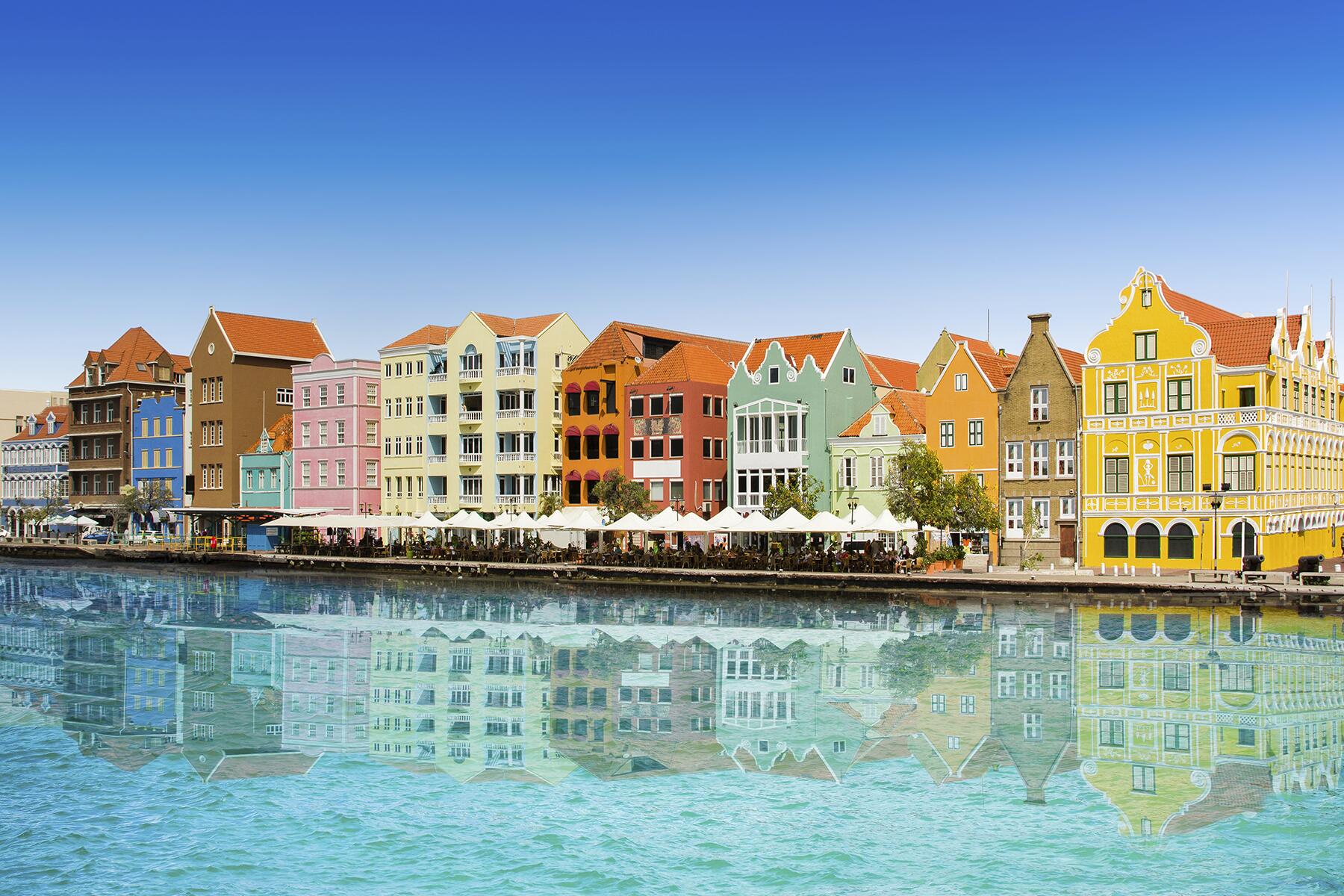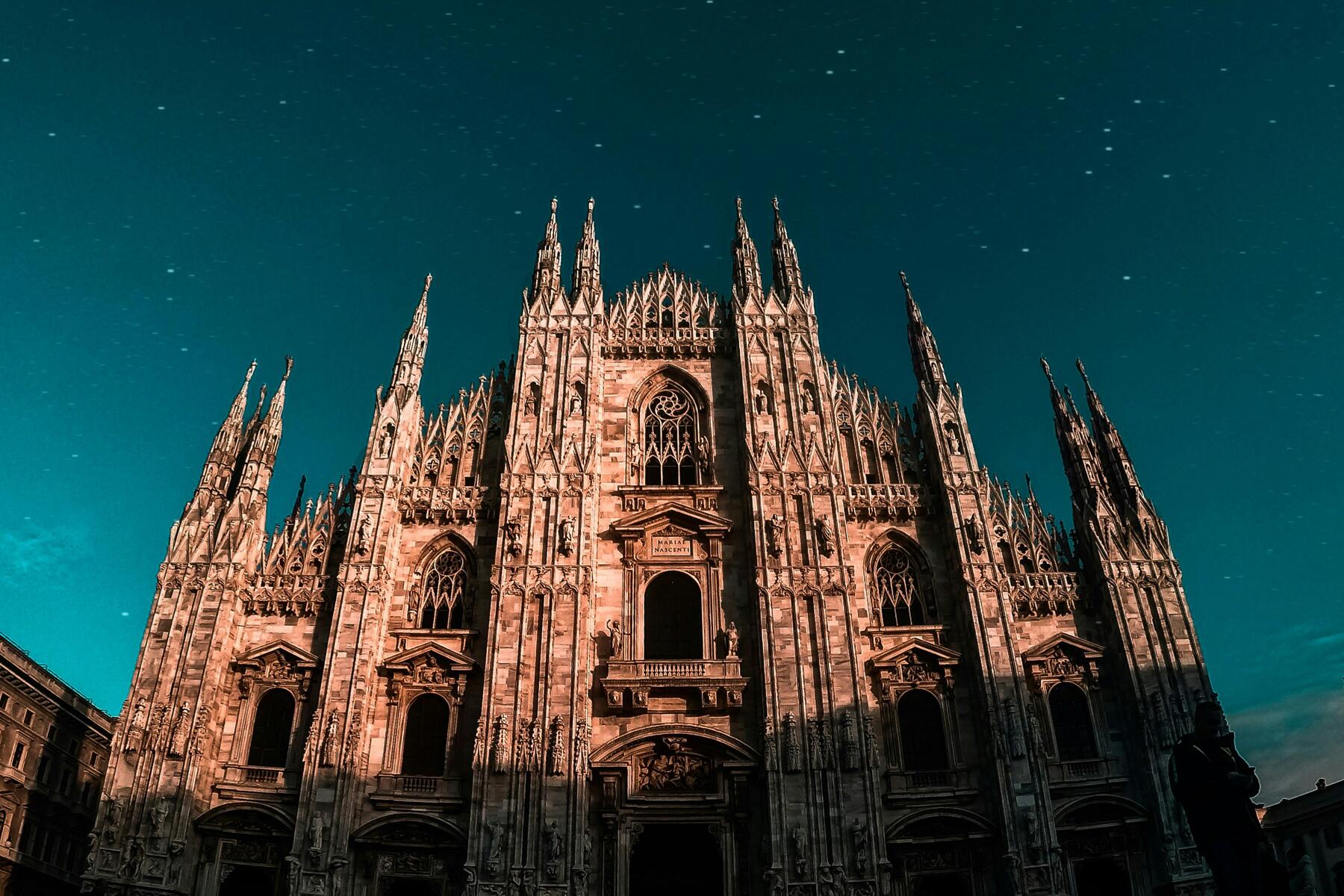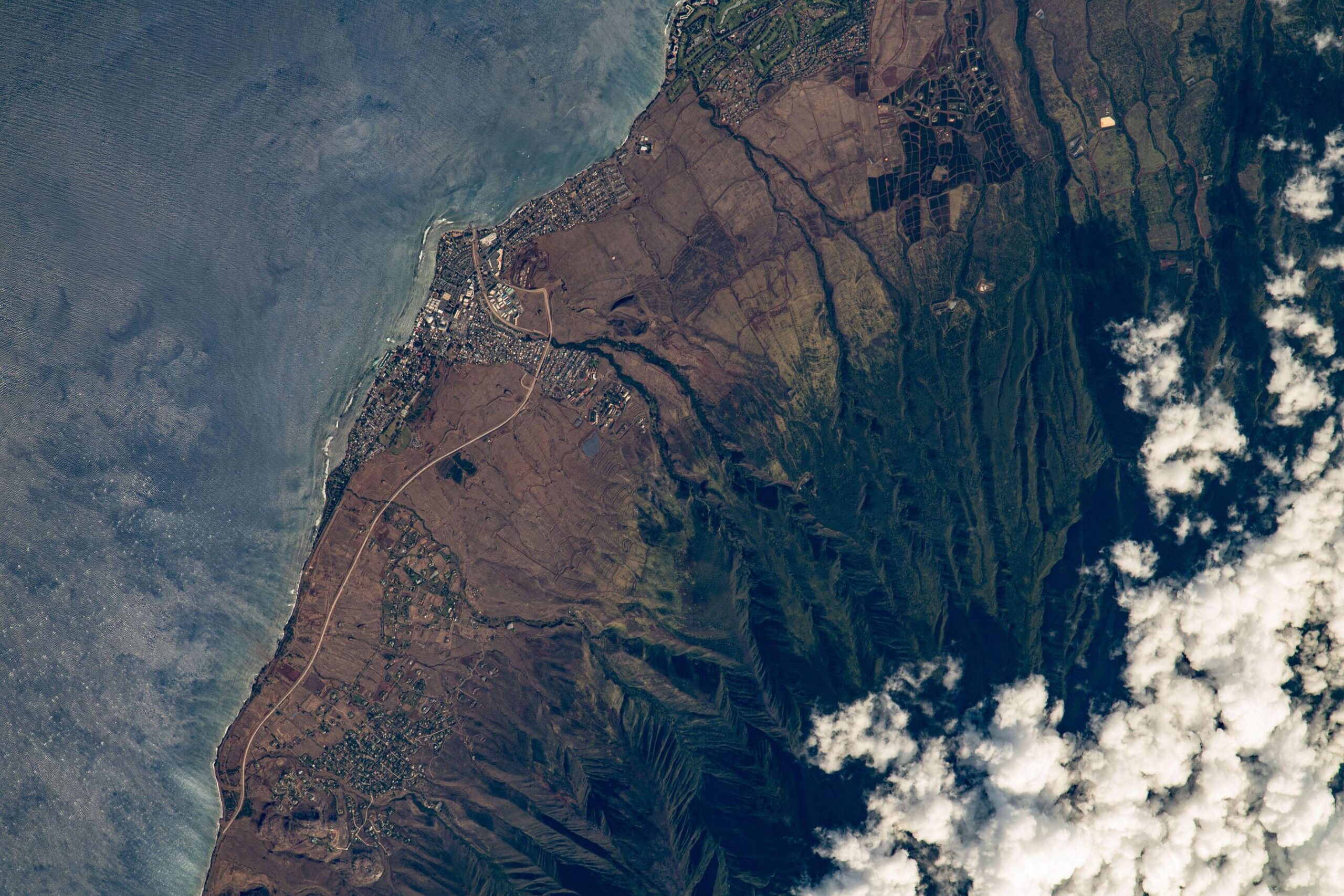Should I visit Maui right now?
It’s a big topic of conversation in travel forums and Hawaii-bound Facebook groups these days. It’s a question that is incredibly polarizing, with passionate people and good points on both sides of the argument. On one hand, many members of the Indigenous community and other community leaders are asking for empathy and compassion while West and Central Maui recover from the incredibly devastating wildfires that ripped through their communities on August 8, 2023. On the other, business owners and hospitality workers in the other parts of the Island are seeing their livelihoods devastated by the loss of visitors.
Though the cause of the fires is still under investigation, what is known is that so far 115 lives have been confirmed lost. That in and of itself deserves kindness, compassion, and understanding. Add to that people losing their homes, businesses, livelihoods, and pets, as well as a historic, beautiful place that is dear to so many people. It’s not hard to understand why people are so very passionate about this special place.
Three weeks later, it has become obvious that all of Maui will face devastation from the fires. Maui’s dependence on tourism has once again dealt a blow to the Island’s delicate economic systems. Whether we like it or not, the tourism engine needs to keep running to keep more businesses from closing and prevent more Maui residents from ending up without homes–they’re already so hard to find and hold on to as it is. Unlike pandemic times, disaster unemployment benefits aren’t available for everyone throughout the Island, and people still have bills to pay.
Recommended Fodor’s Video
As someone who loves the Valley Isle and loves visiting and writing about Maui, it really breaks my heart to see business owners “begging” and “praying” for visitors to come back. This system is clearly untenable, and as climate change-fueled disasters become worse, what then? What happens when the next tsunami, flood, hurricane, or volcanic eruption happens? Because ALL of those happen in Hawai‘i–hell, all of those have happened in the past 15 years in Hawai‘i! I said it during COVID, and I’ll say it again–something has got to change. Hawai‘i’s dependency on tourism is disastrous and unsustainable. But that’s not going to change overnight, and in the meantime, there are bills to pay.
Whether you go or not is up to you. It’s not hard to see both sides of the argument, but if you go without completely understanding BOTH sides, you just shouldn’t go. If you’ve made the decision to travel to Maui or not cancel your plans through the end of 2023, here are a few things to keep in mind.
The Official Word on Whether to Visit
Here’s what the Hawai‘i Tourism Authority and Hawai‘i Governor Josh Green have to say about visiting Maui:
In alignment with Governor Green, the Hawaiʻi Tourism Authority urges visitors to refrain from going to West Maui (including Lāhainā, Nāpili, Kāʻanapali, and Kapalua) as a means of respect to the people and places that have been lost in Lāhainā during this devastating tragedy. The impacted area of Lāhainā remains off limits to the public as the search and recovery efforts continue.
“No one can travel to West Maui right now. We will share when that is possible again. Only returning residents and authorized emergency relief workers should come here now. But all of the other areas of Maui… and the rest of Hawaiʻi are safe,” Governor Green said. “When you come, you will support our local economy and help speed the recovery of the people that are suffering right now.”
Governor Green’s sixth emergency proclamation, issued on August 19 remains in place, with all nonessential travel to West Maui being strongly discouraged for the duration of the proclamation (through October 17, 2023).
We encourage travelers to continue visiting other areas of Maui (including Kahului, Wailuku, Kīhei, Wailea, Mākena, Pāʻia and Hāna), as well as the other Hawaiian Islands of Kauaʻi, Oʻahu, Lānaʻi, Molokaʻi and Hawaiʻi Island.
Things Have Calmed Down. However…
At the onset of the fires West Maui was thrown into chaos; officials are still trying to piece together the events of that deadly night. Eventually, the fires began to be contained, but residents were left without power, communications services, or a place to sleep. Propane, gas, and basic goods were running low. It was a terrible time for people to be thinking about a vacation. As time progressed, resources finally flooded into Maui to provide aid to the thousands of displaced people. The chaos has begun to dissipate, and something resembling normalcy is finally returning to the rest of the Island (no, I don’t mean that West Maui). But the pain of this incredible loss is still there every day.
It’s More Important than Ever to Bring Your Aloha
When you visit Hawai‘i, particularly Maui, you must pack your aloha. Hell, bring an extra carry-on full of it if you have to. Of course, the Aloha Spirit is a large part of the reason that people want to visit Hawai‘i. But that doesn’t mean that tourists can take advantage of it. Don’t demand it. Don’t weaponize it (“BuT WhEre’s thE AloHA?!?!”). And don’t be surprised if it’s not as readily available as on other trips. Maui is hurting, the least we as visitors can do is bring some of our positive vibes and loving attitudes to the people of Maui who serve us during our trips. And we can tip. Like really tip. It’s one of the only surefire ways that you can get money into the hands of residents (news flash: none of those posh hotels you’re staying at and very few of the short-term rentals are actually owned by Maui residents). That said, from everything I’ve seen, hospitality staff at most places are very grateful for visitors and they are going above and beyond to express that to their customers. But on the chance that someone is having a bad day, please bring a little extra compassion.
Keep Up to Date With What’s Going on
As with any disaster or major disturbance, things can change quickly. If you have plans to travel, it’s important to keep up with the news and any major changes. Outlets like Hawaii News Now, KHON2, and KITV are Hawai‘i’s major news outlets and offer regular updates about the Maui fires. In addition, the Hawai‘i Tourism Authority posts regular updates regarding tourism in Maui. For more granular information about the details on the ground, the Maui County website offers a wide variety of information.
Fires Continue to Burn on the Island
While you’re keeping up to date you’ll likely notice that those fires that everyone has been talking about aren’t actually out yet. As of August 28, the Kula and Lāhainā fires are 90% contained, but the threat of new wildfires is constant. Maui is a tinderbox thanks to a variety of factors including dry invasive brush, water diversion and overusage, monocropping, outdated utility systems, and a slew of other factors that this incident has uncovered. As recently as August 26 a fire broke out in Kā‘anapali, the famed resort area just north of Lāhainā. Oh, and hurricane season is still raging through November 30, so there’s that (remember that high winds from passing hurricane Dora were a catalyst for this incident).
Stay Out of Dangerous Situations
While this is a piece of advice that needs to be heeded at all times, it’s especially true in an emergency. Don’t do dumb things like hopping fences to visit a waterfall or climbing in dangerous areas where people shouldn’t be. If first responders are busy trying to save their neighbors and their families, there will be fewer of them to help in case of emergency. Eighteen active-duty firefighters in Lāhainā lost their homes, but they’re still out there helping their friends and neighbors nearly every day (here’s how to support the firefighters and first responders directly). Even situations that don’t seem dangerous can turn badly very quickly; a little over a week ago six hikers were evacuated from Kaena Point on O‘ahu when a brushfire broke out. Stay safe, be vigilant, and make good choices.
Shop Local More Now than Ever
Of course, you’ll hear it a million times–shop local. And why wouldn’t you when visiting Hawai‘i? There are so many incredible, handmade items that come from the Islands, and of course, the food! While outside investors have monopolies on the hotels, there are tons of locally-owned restaurants, food trucks, tour operators, boutiques, markets, and more. You can find lists at Kama‘aina First, the Native Hawaiian Business Directory, this spreadsheet that was developed after the fire and includes more than 400 local businesses, or you can ask around to find out which businesses you’d like to support.
Volunteer During Your Trip
While volunteering is always encouraged when visiting Hawai‘i (the Malama Hawai‘i program is a great place to start), if you’ll be visiting in 2023 it’s almost a moral requirement to at least give some time and energy to helping Maui residents. There are many organizations that can put you to work even with very little experience or training including: Maui Nui Strong, World Central Kitchen, Hands On Maui, American Red Cross, and others. Of course, monetary donations to the organizations doing the work on the ground are always welcome, too.
We All Have to Do Better
As global warming continues to show its presence around the world, the weather is only going to get worse, and emergencies are going to become more frequent. “Unprecedented” continues to be repeated again and again with each new disaster (who knew we’d be adding “hurriquake” to the dictionary this year?). While the culprit of this particular fire is still under investigation, extractive practices like monocropping and over-tourism combined with global warming are only going to lead to more and more tragedies in areas around the globe with delicate ecosystems. It’s important to consider how visiting these places affects that balance and what actions you can take to “do no harm.” Some of it is easy–use reef safe sunscreen, cut down on the plastics that you use, utilize public transportation, etc. Some of it takes more effort, like learning about and understanding the effects of colonialism and exploitation (past and present), spending time volunteering and giving back during a trip, and spending genuine time with locals are just the start. And that’s true of so many places around the globe. When we’re visiting these places that are ecologically and culturally sensitive, we just have to try harder.
When the Time Comes, Visit West Maui with the Utmost Respect
It may be a while before visitors can enjoy the unparalleled beauty of West Maui again. It’s really sad because it is a special place to a lot of people. But it’s also home to a lot of people, and they’re who matter right now. Rebuilding is going to take time, love, and patience. It’s critical that when we do return to West Maui as visitors that we are respectful, loving, and considerate. Sneaking into off-limits areas, taking and posting photos (especially selfies) in the disaster areas, and otherwise bad behavior cannot happen. It’s also important to keep in mind that there are a lot of cultural differences in Hawai‘i, and while some people may be ok with opening up about their experiences with complete strangers, others may not. Be sure to read the room and treat everyone with respect.





Good, well written article. As a kama'aina on Oahu, we hurt for the people of Maui and hope that visitors who want to visit and enjoy what the Kihie/Wailea/Makenna side of the island offers do so. If you have always been a West Side visitor, come check out what is on the rest of the island. Enjoy the beaches, visit the local stores and restaurants and help the struggling economy. The rest of us locals are in many cases already doing that but we need the help too. We already know that EVERYTHING is going to go up in price and ultimately more of us are going to move away because we cant afford it but the more help the better. Bring your heart and soul and bring some money, please.